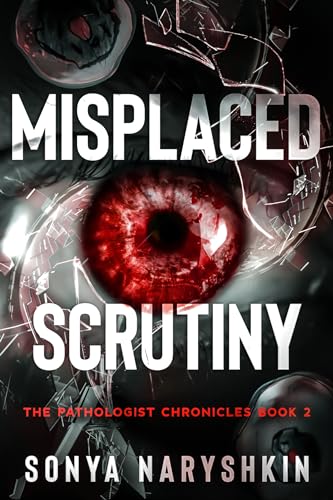Innovative and practical, this text helps prepare teachers to support the literacy learning needs of all children in grades K-6, including academically, linguistically, and culturally diverse students. It features original teaching cases written by preservice teachers enrolled in field-based reading/language arts methods courses, accompanied by commentaries written by experienced teacher educators and skilled classroom teachers. High-interest content and a reader-friendly format encourage critical and reflective thinking about topics important to effective literacy instruction. By promoting reflection about case issues, the text helps prepare future teachers to respond to teaching narratives presented on the practical applications section of the PRAXIS II, an examination required in most states for teacher licensure.
The authentic cases candidly and poignantly describe preservice teachers' plans, problems, hopes, disappointments, dilemmas, and reflective thinking as they address the multilayered complexities and ambiguities associated with learning to teach reading and language arts in elementary classrooms. These teaching stories reveal glimpses of literacy instruction and allow us to enter real classrooms and experience the wide varieties of situations that reading/language arts teachers encounter daily. Although the cases are grouped according to specific dimensions of literacy theory and pedagogy, just as in real classrooms, other issues are woven through each case as well.
The commentaries provide scholarly, and sometimes contrasting, perspectives and approaches through which readers might consider the issues presented in the cases. The commentaries represent only particular perspectives, but readers are encouraged to explore and consider as many perspectives and issues as possible regarding each case.
Each chapter includes helpfulpedagogical features:
New or critical concepts and terms listed at the beginning of each chapter alert readers to what might be unfamiliar vocabulary.
Applications and Reflections pages help readers take an active part in analyzing, documenting, and talking about the particular issues portrayed in the case narratives. Using the questions on these pages, the cases and accompanying commentaries can be read and discussed as a whole class activity, in small collaborative groups, or by individuals. The questions can also be used by readers to guide their own case writing initiatives.
Margin References direct readers to correlated readings for the strategies and parallel concepts mentioned in the cases and commentaries. Suggested readings can be discussed within the format of literacy study groups.
Annotated Bibliographies at the end of each chapter help readers construct more in-depth knowledge for the instructional strategies and activities discussed in the teaching cases.
The cases, commentaries, and pedagogical features in this distinctive text provide rich opportunities for readers to discover what they need to know and how they need to think in order to teach reading and language arts effectively and successfully.


